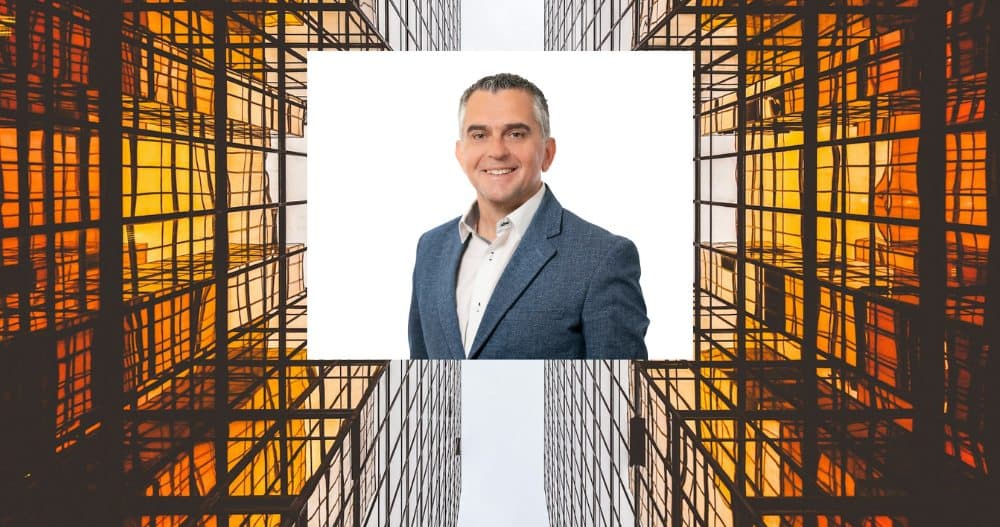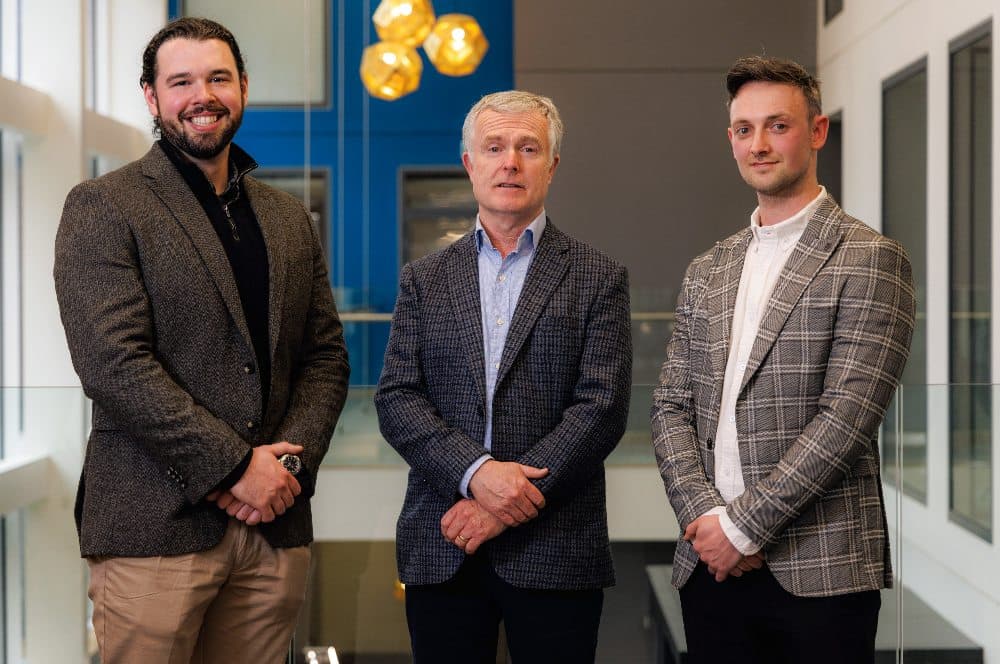As part of a series delving into how venture capital works, we talk to Maurice Roche from Delta Partners about why entrepreneurs need to know more about what they are taking on when they get funded.
When you scan the news headlines, stories about businesses landing venture capital investments often sound ecstatic, as if someone had won a lottery.
The reality is vastly different. Yes, funding will help a business build products and break into new markets, and yes, it signals the growing value of the business. But the reality is new people are on the board, they own a stake in the business, and are quintessentially part of the team. It is not just money, it is a relationship that is only beginning after months of pitches and presentations and due diligence.
“I think it’s important for people to understand how venture capital works before they take it on”
The venture capital market globally is challenging and for countries like Ireland, with a growing indigenous tech industry, raising money is hard and getting harder.
Among the leading venture capital players in the Irish market is Dublin-headquartered Delta Partners which takes its remit as a national player very seriously. In the past two years alone the investment firm has chalked up investments all over Ireland from Tailr in Waterford to LegitFit in Cork and VisionR and MarketSizer in Dublin, to name a few.
Over time, the team has realised €1.8bn from the sale of companies such as Clavis (sold to Ascential plc), Sensl (sold to OnSemiconductor) and Neuravi (sold to Johnson & Johnson).
In 2022 Delta Partners launched a new venture capital fund that invests into seed and early-stage tech businesses in Ireland. The fund, with Bank of Ireland and Enterprise Ireland as cornerstone investors, has been supported by Fexco and several family offices.
Know your market
One of Delta’s partners, seasoned tech investor Maurice Roche nods in recognition of my assessment that often people don’t realise that venture capital funding is a milestone on the journey, not the destination itself.
“I think it’s important for people to understand how venture capital works before they take it on. I say to people, ‘what’s the nature of your investment? Are you at the start of your journey, like pre-seed, or are you early-stage or late stage? Some people bootstrap and choose to raise money later on while others are at the start of the journey. Think about the nature of the investment. Is it seed funding to get the concept up and running and into the hands of customers, is it early-stage to take on more customers, or is it at a later stage where you want to enter a new market or deliver a new product.
“You have to understand where you are on the journey, because that will dictate who you should go to for investment.”
Roche has seen it all and often receives enquiries and pitches from entrepreneurs at various stages of the journey. He urges entrepreneurs to do their research and understand what venture capitalists invest in businesses based on the area of technology and the maturity of the business.
“I have received plans from people who are wasting their time even sending me an email because they haven’t done their homework understanding which venture capitalist they should approach.
“The next thing to understand are the expectations of a venture capitalist. Once you take on that investment, you are no longer solely in charge of your destiny. The relationship changes – you are not just getting access to capital, you will have new board members. Before that you will have to go through an extensive due diligence process.
“As investors we may have multiple meetings with you to understand not only the product or proposition, but the management, your motivations, your skill sets, and what your ambition is like.
“The financial due diligence will look into how long the money is going to last, who are your customers, who will your customers be. We are going to ring those figures out of you. Who are your competitors, how does your technology stack up, how relevant is it, are you unique?
“The process at first will be very intrusive. Why are you saying what you are saying. Entrepreneurs are very optimistic, they have to be, but we will examine why you are saying what you’re saying and it is up to us to make judgements and bring back some realism to it.
“Even if the most optimistic scenario will happen, it will probably take twice as long as you originally expected and will cost you more money. We represent funds that have invested in us, and therefore we will want high returns too.”
It’s about more than just money
Paul Swift, head of Tech, Media and Telecoms Sector, Bank of Ireland
The realism, insights and connections that venture capital firms bring to the table in most cases often matter as much if not more than the money itself.
Unfortunately this aspect is often missing from the narrative when newspaper headlines scream that a tech company has raised millions of euros in investment.
“A business might raise €3m to €5m or maybe €20m to €30m, and to the reader it might seem like winning the lottery. No, you are given the capital to be invested in the company to enable it to grow. That brings with it a different set of metrics and pressures to deliver on what has been committed to. If the business owners don’t deliver there are going to be some tough discussions. Is it the market? Is it the technology? Do you have to change management or business focus in order to pivot?
“You might have to do a pivot in management because the founders and the original CEO haven’t delivered on expectations.”
Roche says that to be fair to a lot of entrepreneurs in the market today, their knowledge of how venture capital works is greatly improved compared with founders from maybe a decade ago. “It used to be the case that people would come to us demanding investment without realising they have to sell equity or not realise you can’t just issue new shares to bring in more funding without the original investors’ consent. Or that you can’t hire people above a certain salary – these are what we call minority protection rights.
“However, if a business is performing and it makes sense to keep backing management then all is good, but you have to have those protective measures in case things go awry.”
Legals aside, Roche says it boils down to the business and the investor having a solid but honest relationship. Because a good investor will be in the trenches with you, encouraging you, advising you but also admonishing you. It has to be a healthy relationship.
“Many businesses that have gone through things like accelerators are equipped with only 70% of the knowledge they need to have about how venture capital works. At some stage there will be an exit because we as investors can’t hold the shares forever. At some stage there will be a new owner, a new management and hopefully these are positive developments, but many entrepreneurs only get to learn this the first time round when they study the legals or a term sheet,” Roche said.
Paul Swift, head of Tech, Media & Telecoms at Bank of Ireland, commented: “At Bank of Ireland, we value the crucial role venture capital firms like Delta Partners have played in driving innovation and scaling transformative businesses. The team at Delta has demonstrated remarkable success in supporting and guiding their investee companies through strategic investments and successful exits.
However, from an entrepreneur’s perspective, selecting the right venture capital partner is about so much more than the capital itself. Working with Delta Partners can help hone your long-term vision and provide the strategic guidance and network needed to help your company grow sustainably. While the term sheet is really important, so too is the partnership for the journey you are embarking on. For me the depth of the relationship is key. When the relationship is strong, the roles, responsibilities and indeed the expectation on both sides are what drives success for all stakeholders involved.”
Main image at top: Maurice Roche, partner, Delta Partners
-
Bank of Ireland is welcoming new customers every day – funding investments, working capital and expansions across multiple sectors. To learn more, click here
-
Listen to the ThinkBusiness Podcast for business insights and inspiration. All episodes are here. You can also listen to the Podcast on:
-
Spotify
-
SoundCloud
-
Apple






